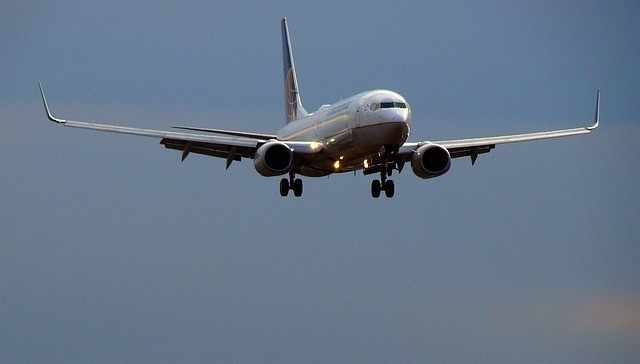
Amazon Air AFW Terminal, situated at the Fort Worth Alliance Airport (AFW) in Texas, is a pivotal component of Amazon's rapidly expanding logistics and supply chain network. As one of the primary hubs for Amazon's dedicated air cargo fleet, this terminal plays a critical role in ensuring the swift delivery of millions of packages to customers across the United States. Its establishment reflects Amazon's commitment to streamlining operations, reducing delivery times, and achieving unparalleled efficiency in the e-commerce industry.
Background and Significance
The creation of the Amazon Air AFW Terminal is part of Amazon's broader strategy to control more elements of its delivery infrastructure. As e-commerce demand surged, the need for faster and more reliable shipping methods became paramount. To meet these needs, Amazon launched Amazon Air (formerly known as Amazon Prime Air) in 2016. This initiative aimed to establish a dedicated air cargo fleet capable of supporting the company's ambitious delivery goals.
Located at the Fort Worth Alliance Airport, a facility renowned for its focus on cargo and logistics, the AFW Terminal serves as a strategic hub for Amazon Air. The airport's location in the Dallas-Fort Worth metroplex, a major transportation and logistics hub, ensures seamless connectivity to various parts of the country. This proximity to key markets allows Amazon to optimize its delivery network, reducing transit times and enhancing customer satisfaction.
Infrastructure and Technology
The Amazon Air AFW Terminal is a state-of-the-art facility designed to handle the complex logistics of air cargo operations. Covering a significant expanse, the terminal features advanced equipment and systems to manage the flow of packages efficiently. Automated sorting systems, robotic handling equipment, and data-driven analytics are integral to its operations, ensuring precision and speed.
The terminal is equipped with modern aircraft docking and loading systems, which allow for rapid loading and unloading of cargo planes. These systems minimize turnaround times, enabling Amazon Air to adhere to tight schedules and maintain its promise of fast deliveries. Additionally, the facility incorporates sustainable practices, such as energy-efficient lighting and waste management systems, reflecting Amazon's commitment to environmental responsibility.
Operational Efficiency
The Amazon Air AFW Terminal operates as a key node in Amazon's broader logistics network. By leveraging its own fleet of cargo aircraft, Amazon can bypass traditional shipping carriers, gaining greater control over the delivery process. This autonomy allows the company to respond swiftly to fluctuations in demand, ensuring timely deliveries during peak seasons such as holidays and sales events.
One of the critical aspects of the terminal's efficiency is its integration with Amazon's ground transportation network. Packages arriving at the AFW Terminal are quickly transferred to ground transportation hubs, where they are sorted and dispatched to their final destinations. This seamless coordination between air and ground operations is vital to achieving Amazon's goal of one- and two-day delivery services.
Economic Impact
The establishment of the Amazon Air AFW Terminal has had a significant economic impact on the Fort Worth region. The facility has created numerous job opportunities, ranging from logistics and operations roles to technology and management positions. These jobs contribute to the local economy, providing stable employment and fostering community development.
Moreover, the terminal has attracted other businesses and industries to the area, further enhancing the region's status as a logistics and transportation hub. The increased activity at the Fort Worth Alliance Airport has also spurred investments in infrastructure, such as road expansions and facility upgrades, benefiting the broader community.
Challenges and Adaptations
While the Amazon Air AFW Terminal has been a cornerstone of Amazon's logistics strategy, it has faced its share of challenges. The rapid pace of e-commerce growth requires continuous scaling of operations, necessitating ongoing investments in infrastructure and technology. Additionally, the terminal must navigate regulatory requirements, weather-related disruptions, and competition from other logistics providers.
To address these challenges, Amazon has adopted a proactive approach, leveraging data analytics and predictive modeling to optimize operations. The company continually evaluates its logistics network, making adjustments to routes, schedules, and resource allocation to maintain efficiency and reliability.
Environmental Considerations
As part of Amazon's Climate Pledge, the Amazon Air AFW Terminal incorporates sustainability initiatives to reduce its environmental footprint. The use of energy-efficient systems, such as LED lighting and advanced HVAC technology, helps lower energy consumption. Additionally, Amazon is exploring the adoption of sustainable aviation fuel (SAF) to power its cargo fleet, aligning with its goal of achieving net-zero carbon emissions by 2040.
The terminal also prioritizes waste reduction and recycling programs, ensuring responsible management of materials used in its operations. These efforts underscore Amazon's commitment to balancing its growth with environmental stewardship.
The Future of Amazon Air AFW Terminal
The Amazon Air AFW Terminal is poised for continued growth as Amazon expands its logistics capabilities. The ongoing investment in technology and infrastructure will enhance the terminal's capacity to handle increased volumes of packages, meeting the demands of a growing customer base.
In the coming years, advancements in automation and artificial intelligence are expected to play a significant role in shaping the terminal's operations. These technologies will enable further improvements in efficiency, accuracy, and scalability, reinforcing Amazon's position as a leader in the e-commerce industry.
Additionally, the terminal's strategic location and robust infrastructure make it well-positioned to support Amazon's exploration of innovative delivery methods, such as drone and autonomous vehicle technologies. These advancements have the potential to revolutionize last-mile delivery, offering faster and more sustainable solutions.
Conclusion
The Amazon Air AFW Terminal at Fort Worth Alliance Airport is a testament to Amazon's vision of creating a seamless and efficient logistics network. By leveraging cutting-edge technology, strategic location, and a dedicated workforce, the terminal plays a vital role in fulfilling Amazon's promise of fast and reliable deliveries.
As e-commerce continues to evolve, the importance of facilities like the Amazon Air AFW Terminal will only grow. Through continuous innovation and a commitment to excellence, Amazon is shaping the future of logistics, setting new standards for efficiency, sustainability, and customer satisfaction.

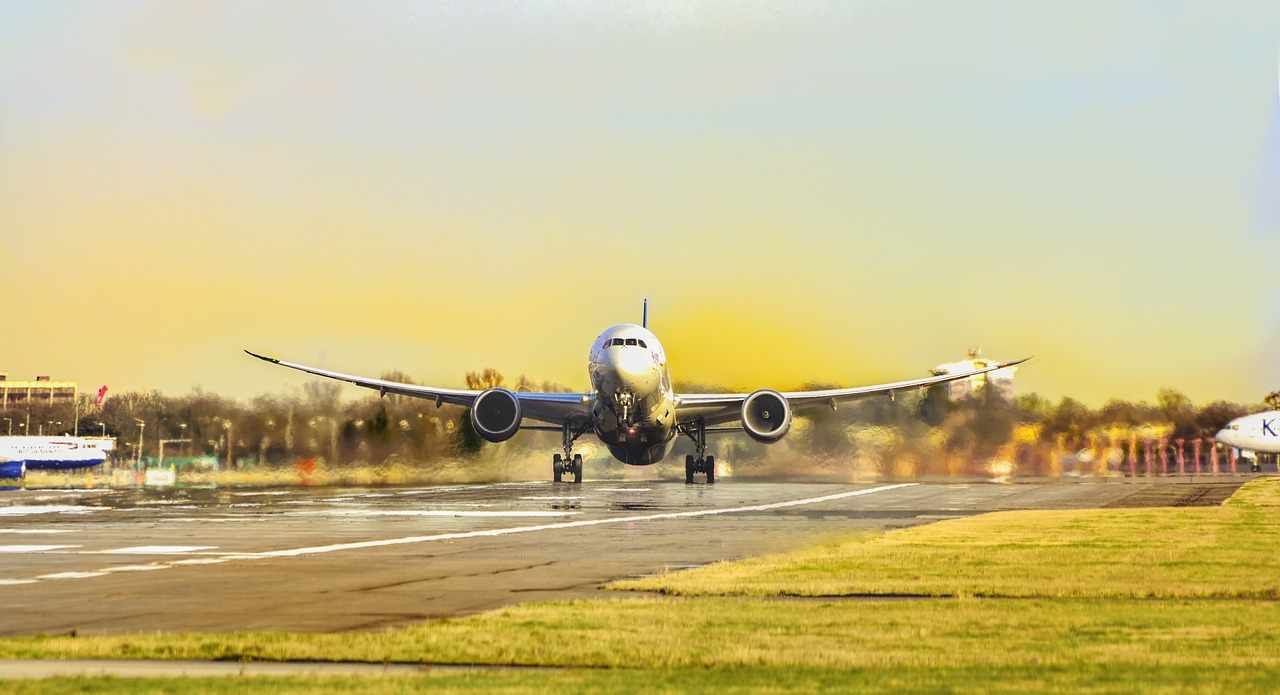

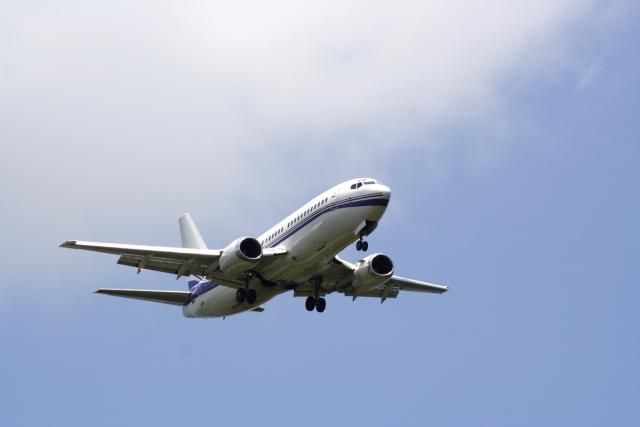

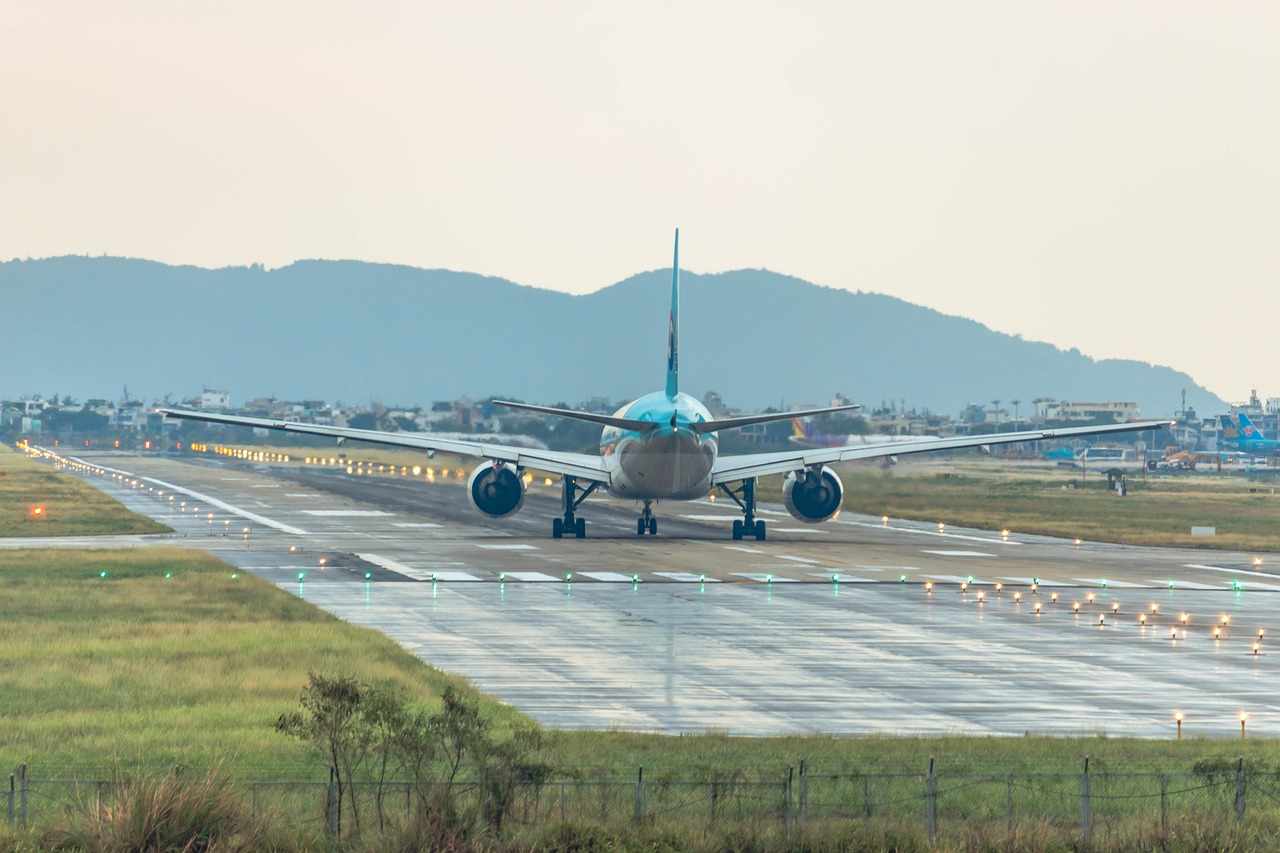

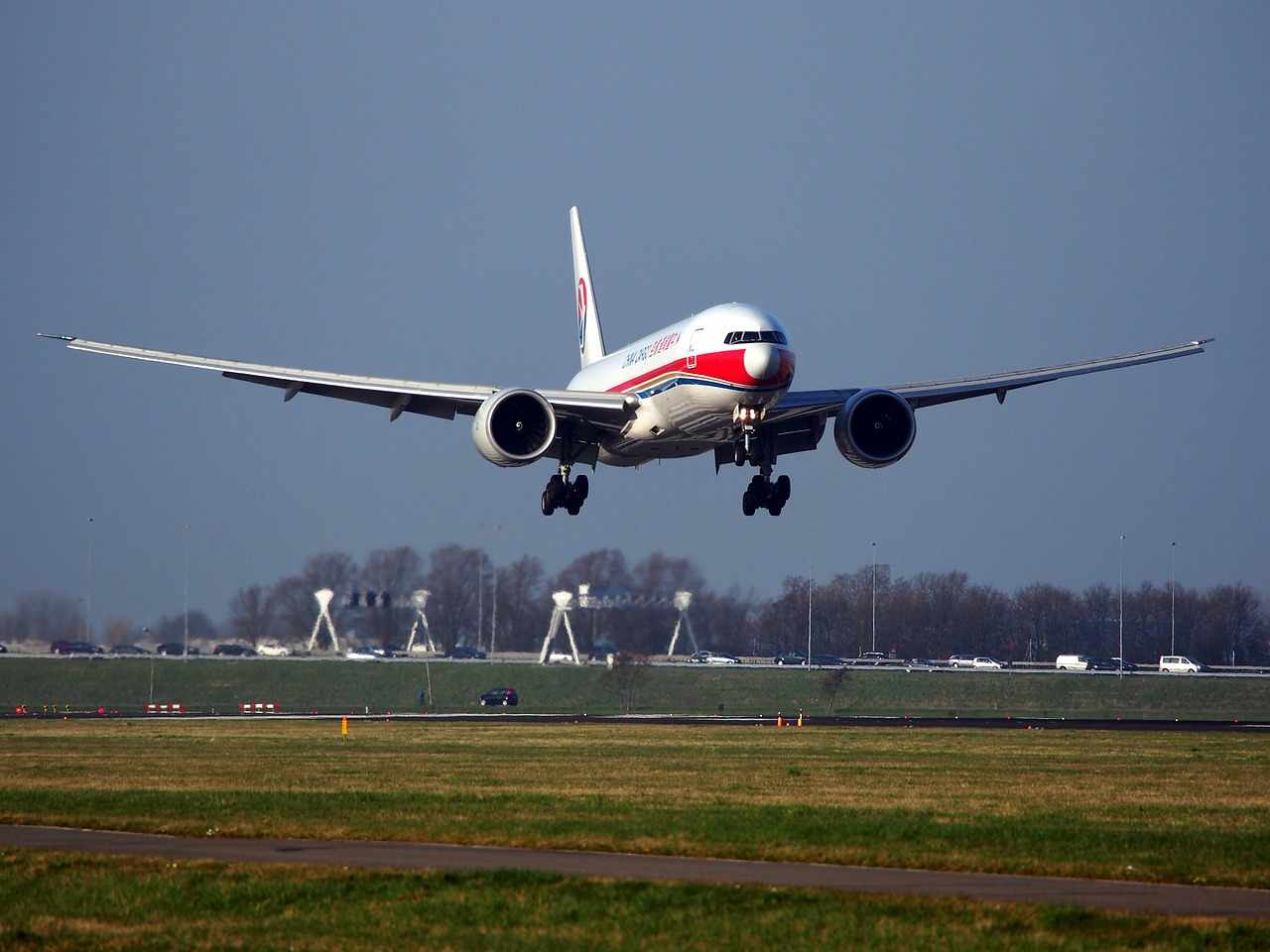




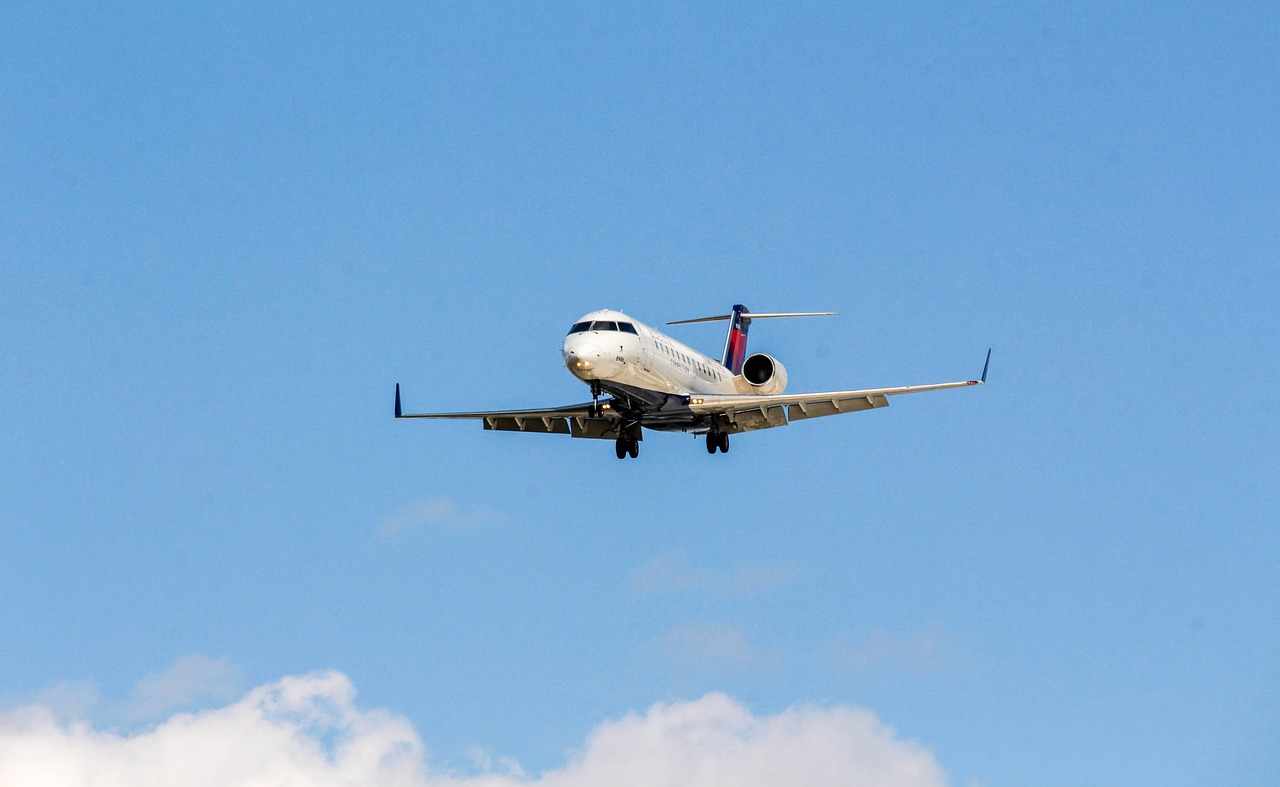



Write a comment ...